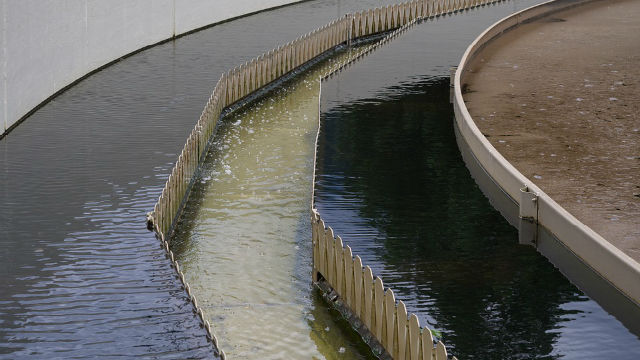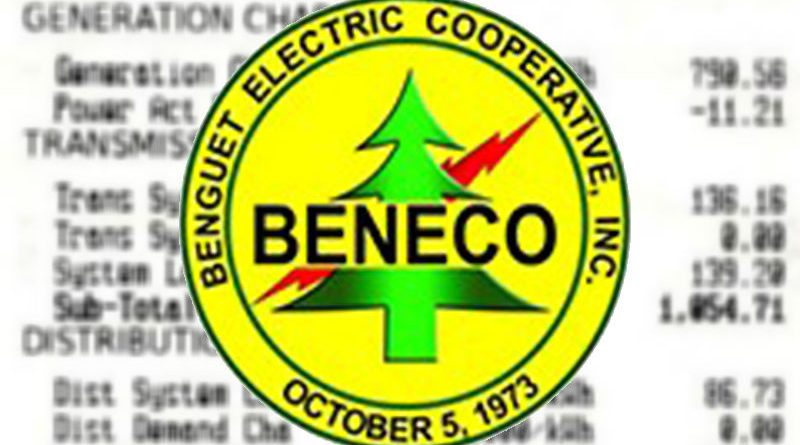BAGUIO CITY – The proposed put up of a sewerage treatment plant (STP) for liquid waste within the Slaughterhouse Compound to lessen the burden of the Baguio STP in South Sanitary Camp remains in the pipeline, an official of the City Veterinary Office said here recently.
City Veterinarian Dr. Brigit P. Piok said that the feasibility study for the project is still subject to public bidding that is why the realization of the project will have to take more time.
Earlier, experts proposed to the local government the establishment of a STP for liquid waste within the Slaughterhouse Compound to help in efforts by the concerned offices to reduce the volume of waste being treated in the Baguio STP.
Piok reported the liquid waste produced in the city public market and the city abattoir is directly disposed through the city’s main sewerage system that flows to the STP, burdening the STP beyond its capacity.
The city veterinarian explained that after the feasibility study shall have been bid out and awarded to the wining proponent, the study will push through within a prescribed timeframe to ascertain the viability of the put up of the said STP in the slaughterhouse area.
If the put up of the STP is found feasible, Piok added the terms of reference for the implementation of the project will be prepared and subjected to public bidding for the determination of the company that will implement the STP for the city’s liquid waste.
Piok claimed that the bulk of the city’s liquid waste comes from the city public market and abattoir that is why one of the recommendations proposed by the City Environment and Parks Management Office (CEPMO) is for the put up of a separate STP for the liquid waste coming from the market and the abattoir to lessen the volume of liquid waste being directed to the city’s main STP.
Originally, the Baguio STP was designed to treat some 8, 500 cubic meters of liquid waste daily but because of the rapid increase in sewer connections from the rise in population, the plant now operates at over 12,000 cubic meters of liquid waste daily, way above its regular operating capacity.
Part of the recommendations is for the local government to install modular STPs in certain areas in the public market and the slaughterhouse and the outcome of the feasibility study will determine the direction to be undertaken by the concerned office in addressing the treatment of the liquid waste so as not to contribute to the pollution of the various waterways where the same are being disposed.
Piok expressed confidence that the bidding for the feasibility study will be completed in due time to allow the project to push through before it will again be overtaken by unforeseen circumstances as this will significantly affect the compliance of the local government to pollution control laws, rules and regulations considering the fact that the city’s STP in South Sanitary Camp is already operating beyond its allowable capacity.
By Dexter A. See












